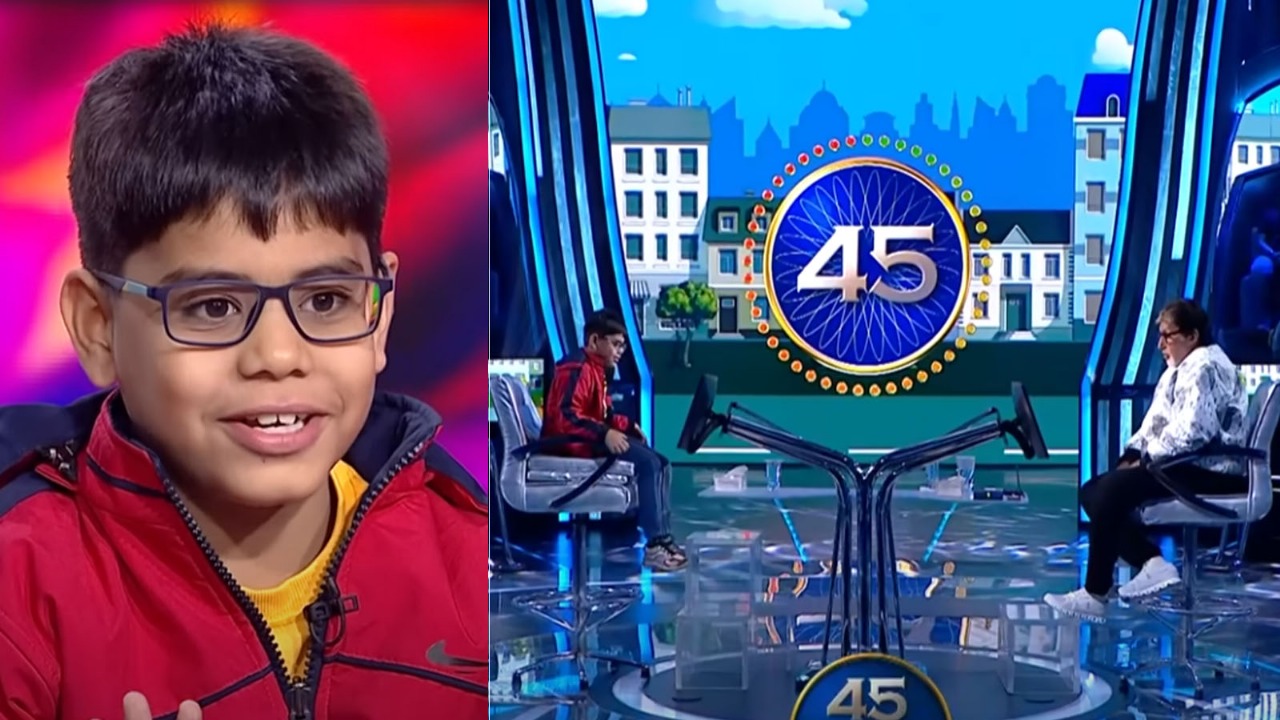Ten-year-old Ishit Bhatt’s assertive behavior on Kaun Banega Crorepati has triggered a national conversation on modern parenting. His viral moment—marked by confidence and perceived entitlement—has been linked to the “Six-Pocket Syndrome,” a concept describing overindulgence in children raised by six adults. Experts and viewers are now rethinking Gen Alpha upbringing.
In a recent episode of Kaun Banega Crorepati Season 17, young contestant Ishit Bhatt left audiences stunned—not with his quiz answers, but with his bold interruption of host Amitabh Bachchan. “I know the rules, you don’t have to tell me,” Bhatt declared, prompting mixed reactions across social media and parenting circles.
While some viewers criticized the ten-year-old’s tone as disrespectful, others saw it as a reflection of deeper societal patterns. The incident has reignited interest in the concept of “Six-Pocket Syndrome,” a term used by psychologists to describe children—often single children—who are raised by six adults (parents and two sets of grandparents). This dynamic, common in urban Indian households, can lead to overindulgence, low tolerance for frustration, and inflated self-assurance.
Dr. Samant Darshi, an interventional psychologist, emphasized that such behavior is not inherently problematic but often stems from parenting styles that prioritize comfort over resilience. The episode has become a cultural flashpoint, prompting educators, psychologists, and parents to reflect on how Gen Alpha is being shaped by emotionally invested, hyper-attentive families.
Key Highlights:
- Notable Update:
Ishit Bhatt’s moment on KBC has gone viral, sparking widespread debate on parenting norms and child behavior.
- Major Takeaway:
“Six-Pocket Syndrome” refers to children raised by six adults, often leading to entitlement and difficulty handling boundaries.
- Important Point:
Experts urge parents to distinguish between confidence and disrespect, advocating for balanced emotional development.
- Insightful Perspective:
Teachers and psychologists recommend parenting approaches that build emotional intelligence alongside academic success.
- Cultural Reflection:
The incident serves as a mirror to evolving parenting trends in India’s urban nuclear families, where children often become the emotional center of extended households.
Sources: Republic World, IndiaTimes, MSN News, India Today, Times Now, NDTV

